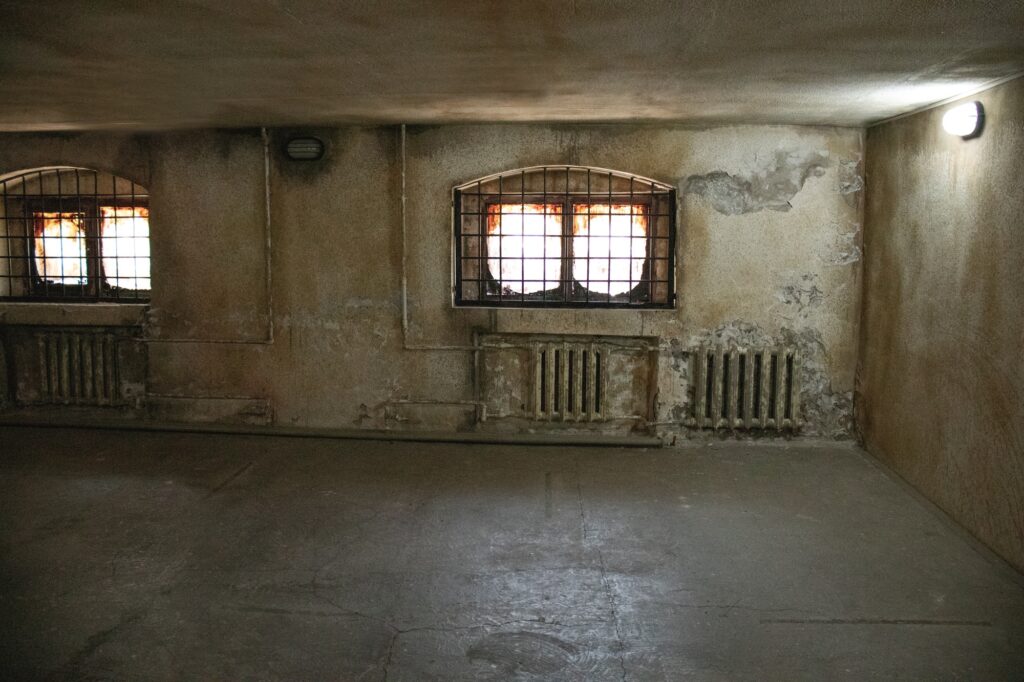Introduction
The U.S. immigration system is once again at the center of controversy. The Trump administration has deported more than 200 Venezuelans to a prison in El Salvador, ignoring a federal judge’s order to return them to the United States. While the White House denies violating the ruling, it also claims it has the right to override the judge’s decision.
This incident has intensified the debate over U.S. immigration policies, raising serious concerns about the government’s willingness to respect court rulings and the rights of asylum seekers.
How Did the Mass Deportation Happen?
📌 A federal judge explicitly ruled that 200 Venezuelan migrants awaiting asylum hearings could not be deported. However, instead of complying, U.S. authorities secretly transferred them to a prison in El Salvador.
📌 None of the migrants had committed crimes beyond crossing the border illegally, despite many of them fleeing persecution in Venezuela.
📌 The White House claims the deportation does not violate the ruling, arguing that El Salvador is only a temporary holding location, not their final destination.
📌 Human rights advocates warn this is a blatant violation of judicial authority and a potential loophole for mass deportations in the future.
Political Motives and Legal Consequences
This case sets a dangerous precedent where the U.S. government could openly disregard court rulings by manipulating interpretations of deportation policies.
- Republicans support the move, arguing that strict immigration enforcement is necessary to protect national security.
- Democrats and human rights activists call it an authoritarian overreach, questioning the executive branch’s commitment to the rule of law.
- Legally, this could trigger a constitutional crisis, as it challenges the fundamental principle that court orders must be obeyed.
What Awaits the Deported Venezuelans?
📌 Conditions in El Salvador’s prison system are dire, with overcrowding, violence, and unsanitary conditions reported.
📌 The Venezuelan migrants remain in limbo, as El Salvador has no obligation to grant them asylum.
📌 Human rights organizations are calling for their immediate return, but the Trump administration shows no sign of reversing course.
Conclusion
The mass deportation of 200 Venezuelans in defiance of a court order is not just another chapter in America’s tough immigration stance. It raises alarming questions about the U.S. government’s respect for the judiciary and the limits of executive power.
This case could become a key test for the integrity of the American legal system. If courts fail to enforce their rulings, it could undermine the very foundations of democracy in the United States.
#










